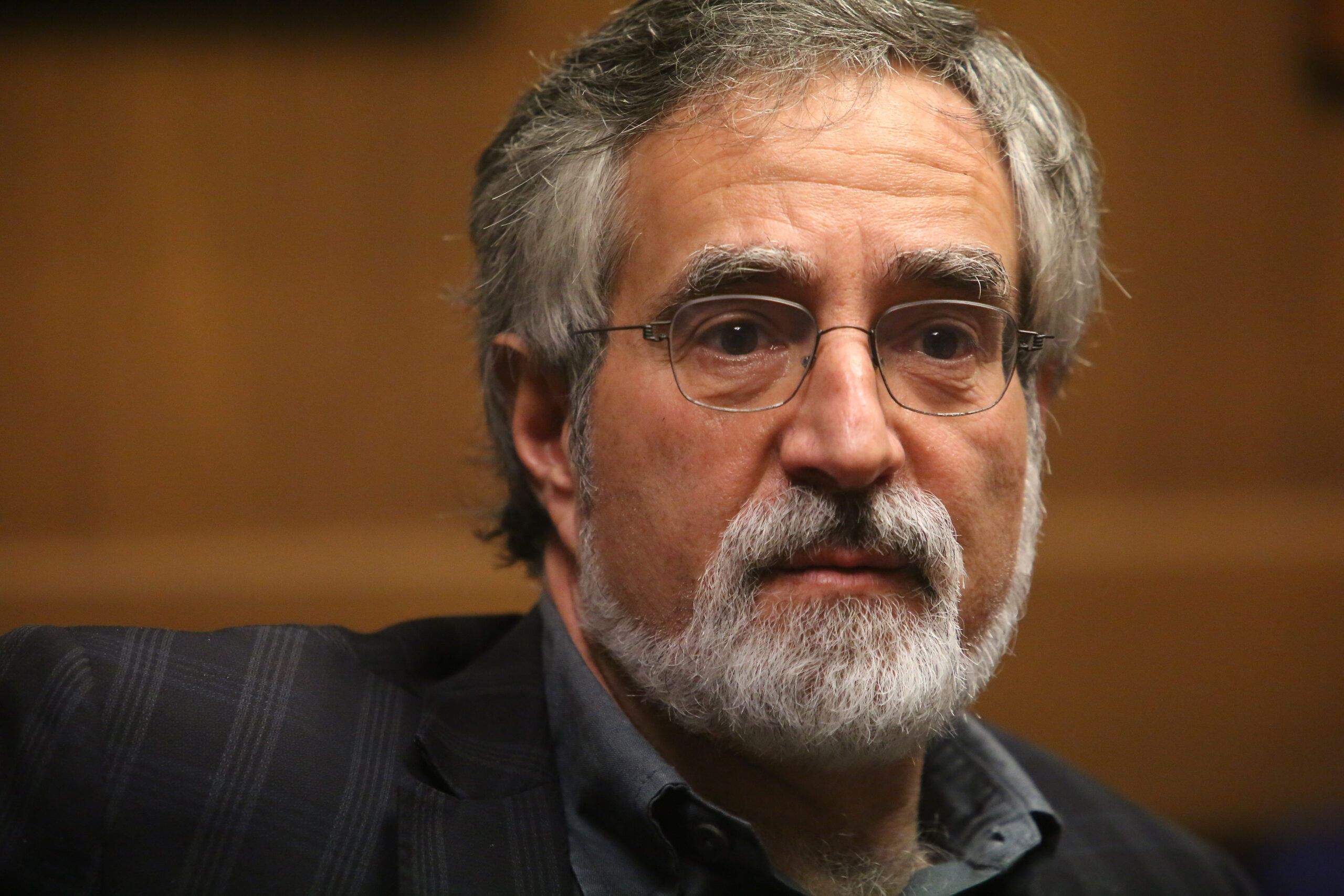City supervisors are giving trash-hauling giant Recology two choices following revelations that the firm may have overcharged San Francisco customers even more than its $95 million payout last year in a corruption scandal settlement.
Recology can either back a ballot measure to reform the process for setting garbage rates in San Francisco or risk losing its lucrative monopoly on trash collection in the city that helped the firm build a West Coast empire.
“There’s a carrot and stick, and they can choose,” Supervisor Aaron Peskin told The Standard. “If they want to rumble, we’re ready to rumble.”
Peskin introduced two proposed ballot measures Tuesday to fix shortcomings in the rate-setting process exposed in the fallout from a federal corruption probe into former Public Works head Mohammed Nuru. One of the proposals is a middle-of-the-road reform measure that is supported by all 11 members of the Board of Supervisors and Mayor London Breed. The other option is a more aggressive proposal that would not only reform the process but potentially break up Recology’s monopoly by introducing competition into the system.
Recology is facing mounting calls for reform from supervisors as the Nuru scandal continues to unfold. As The Standard first reported Tuesday, the Controller’s Office is investigating whether Recology improperly charged ratepayers beyond the $94.5 million the firm agreed to refund last March as part of a settlement with the City Attorney’s Office.
Peskin said he plans to move forward with the nuclear option—giving other companies the option to apply for permits to collect trash in San Francisco—if Recology does not stop gathering signatures to place its own watered-down measure on the June ballot. Recology’s proposal includes some but not all of the reforms supported by the mayor and every supervisor.
Peskin already has the three co-sponsors he needs—Board of Supervisors President Shamann Walton and supervisors Hillary Ronen and Connie Chan—to begin the process of putting the proposed competition measure on the ballot, but he said he would prefer to go with the moderate proposal.
“We thought that we were being friendly,” Peskin said. “Instead they are biting the hand that feeds.”
Many on the Board of Supervisors say they were troubled by news of the controller’s investigation. Seven supervisors—Peskin, Walton, Ronen, Chan, Rafael Mandleman, Ahsha Safai and Gordon Mar—each expressed concerns to The Standard about Recology’s billing practices.
Ronen questioned why the potential overcharging currently under review was not caught in an earlier investigation that resulted in the eight-figure settlement.
“The fact that San Francisco residents were already ripped off by a company that has a monopoly over providing services to the city to begin with has already got us enough concerned,” Ronen said.
Safai said the controller’s ongoing investigation only increased the need for the Board of Supervisors to take action following earlier developments in the scandal. In September, three local Recology companies—Recology San Francisco, Recology Golden Gate and Recology Sunset Scavenger—admitted to conspiring to bribe Nuru for his help in raising garbage rates.
“If the controller has serious concerns, then so do I,” Safai said. “I think Recology is going to have to disprove that they didn’t overcharge. And if they did, they’re gonna have to owe the ratepayers more money again.”
Mandelman said he was not yet briefed on the controller’s investigation and has a “lot of open questions.”
Mar said Recology’s monopoly is ripe for abuse, while Chan noted that the firm needs to be held accountable.
Mayor Breed and the City Attorney’s Office declined to comment on the controller’s investigation.
Supervisors are all rallying around a middle-ground proposal that would reform the rate-setting process by transitioning oversight of proposed rate increases from the director of Public Works to the controller. The proposal would also allow the city to regulate commercial rates and bypass voters when changing the rate-setting process in the future.
The big difference between the moderate reform proposal and the Recology initiative is the provision to allow City Hall to amend the process going forward without asking voters.
The most aggressive proposal, meanwhile, would inject competition into the rate-setting process by allowing companies to bid on permits for collecting trash in the city that are all currently held by Recology.
Peskin said developments in the Nuru scandal last year showed that the city’s rate-setting process was “crying out for reform.”
He added, “The most recent revelations that they didn’t come clean with what they owed the ratepayers is just another turd in Recology’s punchbowl.”
